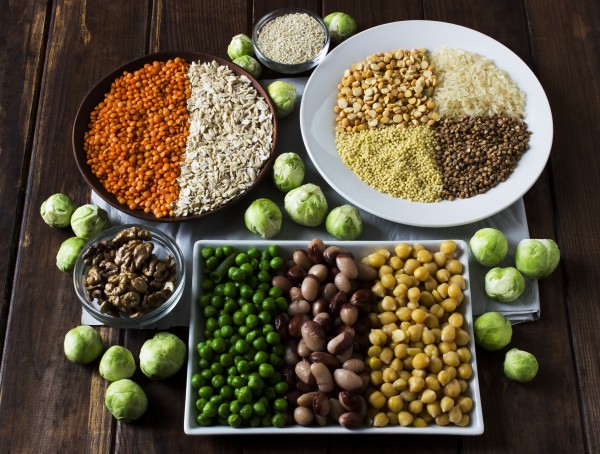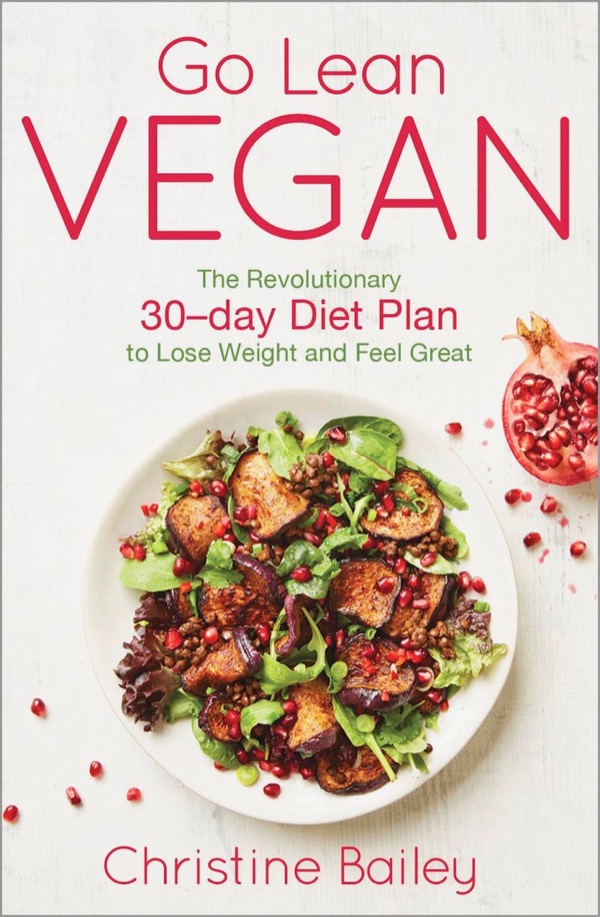Vegan? How to get enough protein
If you’re thinking about ditching the meat and dairy and turning vegan the most common question you might be asked is ‘where do you get your protein?’ While it’s true that it may require a bit more attention, there is no reason why you can’t get sufficient protein on a vegan diet.
Protein is an important building block for bones, muscles, cartilage and skin and provides the essential amino acids the body needs for repairing tissues and producing hormones and enzymes. In total, there are around 20 amino acids that the human body uses to build proteins, classified as either essential or non-essential. Your body can produce non-essential amino acids but it cannot produce those nine essential amino acids we need, which have to be obtained through your diet. Animal protein sources, such as meat, fish, poultry, eggs and dairy are considered to be complete sources of protein because they contain all of the essential amino acids that your body needs to function effectively. In contrast most plant protein sources, such as beans, lentils, nuts and seeds are considered to be incomplete, as they lack one or more of the essential amino acids. There are only a few plant foods considered as complete proteins – these include soy, spirulina, quinoa and amaranth – even more reason to consume a variety of plant foods daily.
One of the easiest ways to ensure you get sufficient protein is to include 3 servings of legumes (beans, peanuts, soyfoods) daily plus a variety of vegetables and slow releasing grains. A serving is around 1 cup of cooked beans or pulses. You don’t have to worry about combining different protein sources in a meal – your body is able to pool the amino acids we need as we eat them, and we use them when needed. If you are active making use of plant protein powders such as pea, hemp or rice protein can be a convenient way to boost your protein intake.
Vegans who don’t eat enough calories or who don’t eat legumes run the risk of getting too little protein and in particular the amino acid lysine. Other good sources of lysine include pistachios, cashews, peanut butter, quinoa and amaranth. In some cases taking an amino acid formula can be helpful as well.
I have listed the top vegan protein foods in my new book GO LEAN VEGAN : useful sources to include are soy products like tempeh and tofu, nuts, seeds, legumes, vegetables such as peas, mushrooms, spinach and broccoli and grains such as teff, quinoa and amaranth.
Signs of low protein include
- Low energy
- Hair falling out
- Lack of appetite
- Feel weak when exercising
- Low immune function
- Constant cravings
- Low mood / concentration
For more information on how to follow a healthy vegan diet get my new book Go Lean Vegan


